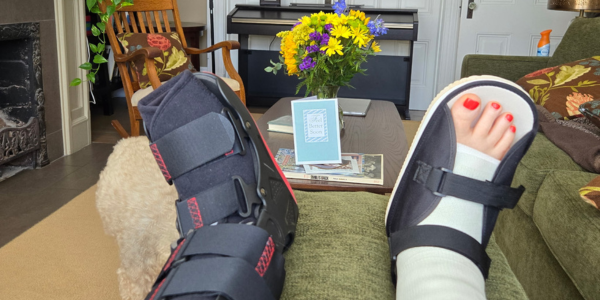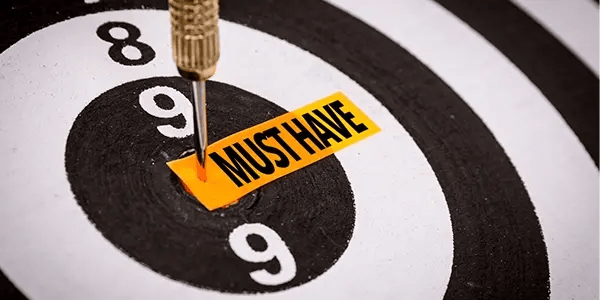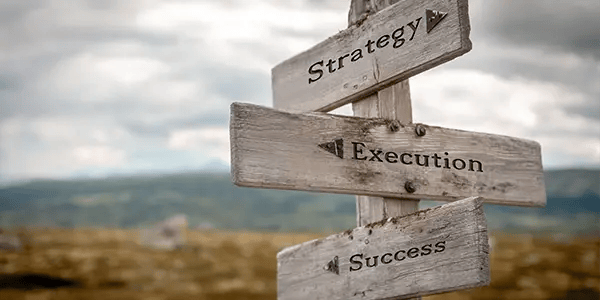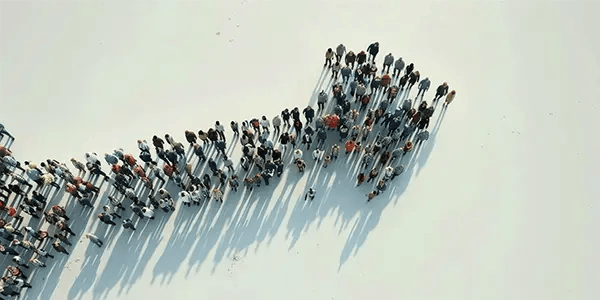
3 min read
When Life Breaks Your Ankles (And Your Plans): A Strategic Planner's Guide to Pivoting
Sometimes the universe has its own timeline - and it doesn't care about your project deadlines Two weeks ago, I took what I like to call an "unplanned vertical descent" down my stairs. The result? Two broken ankles and a very humbling reminder that...
Read Article








